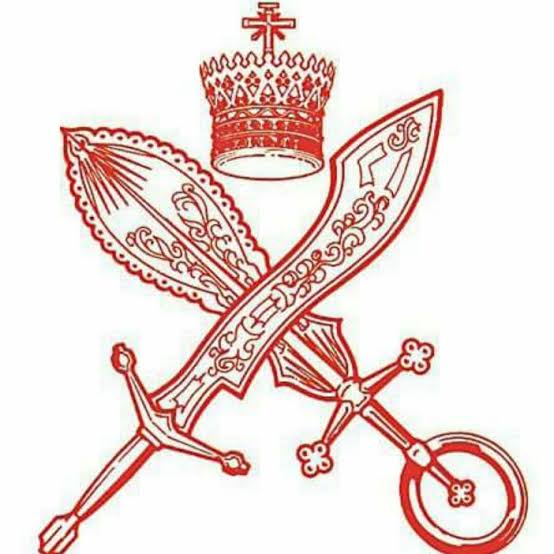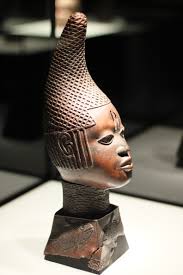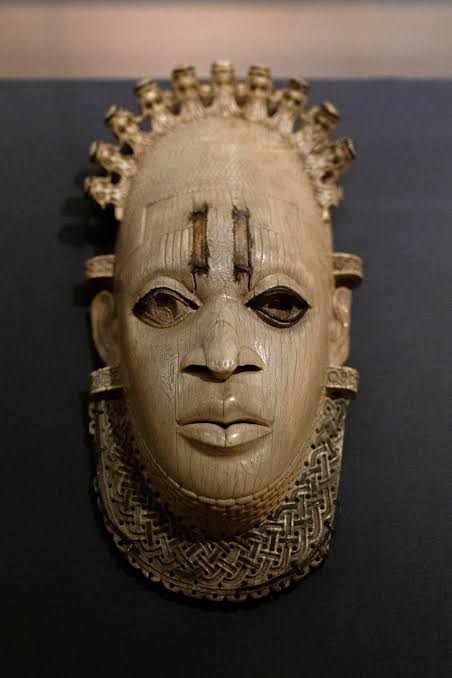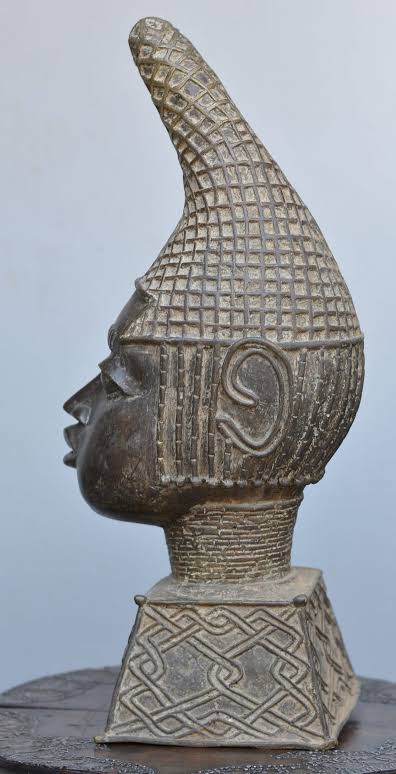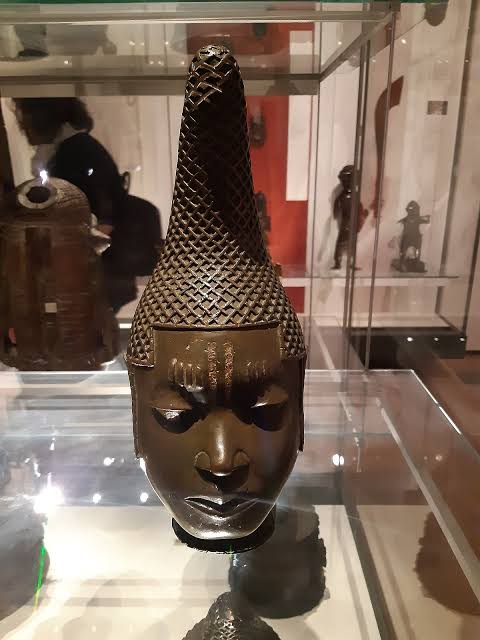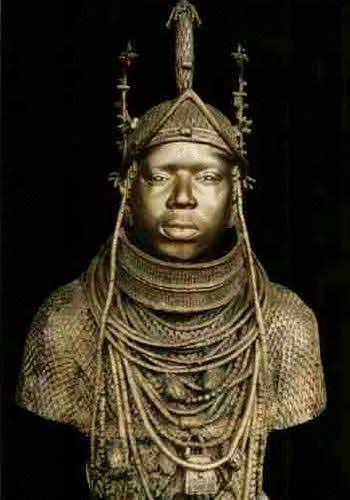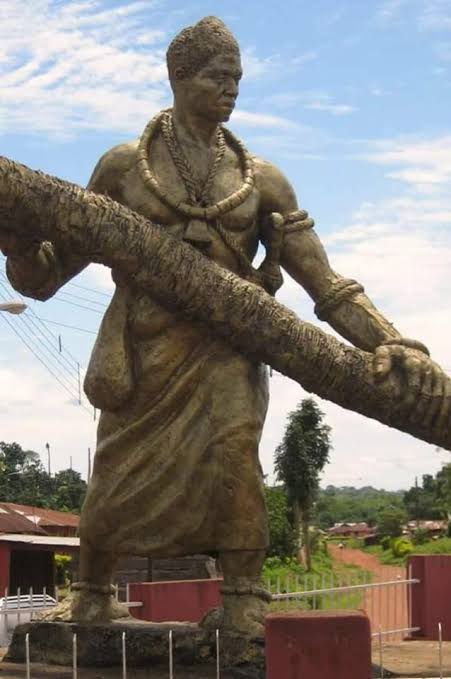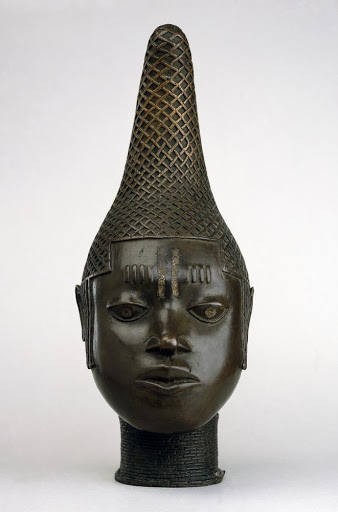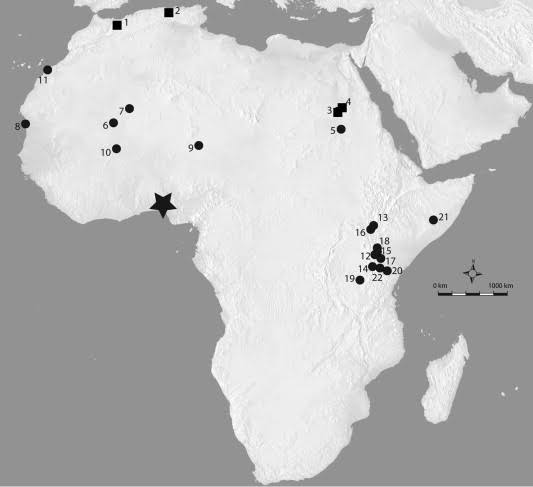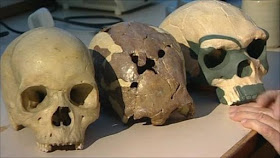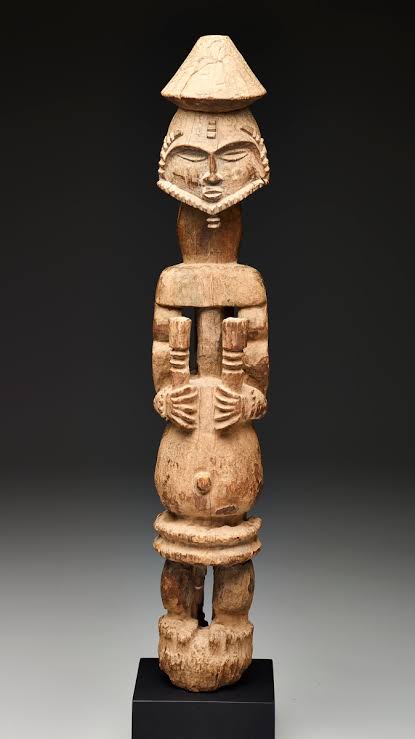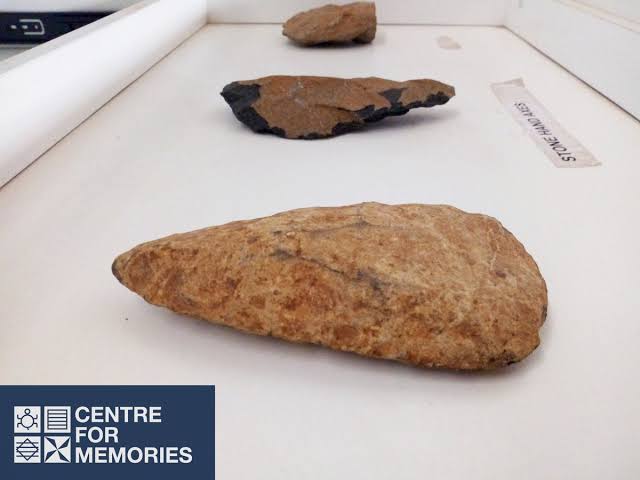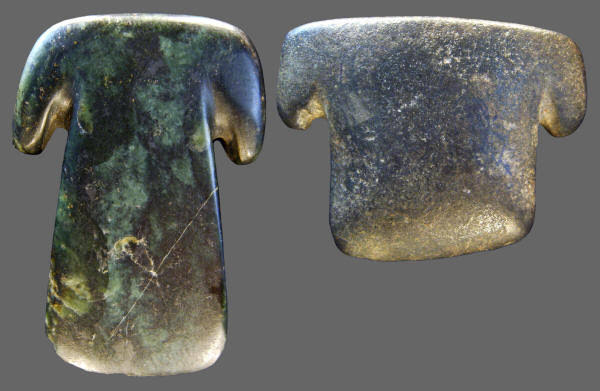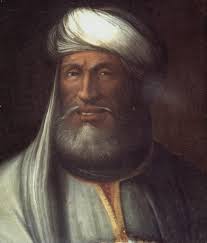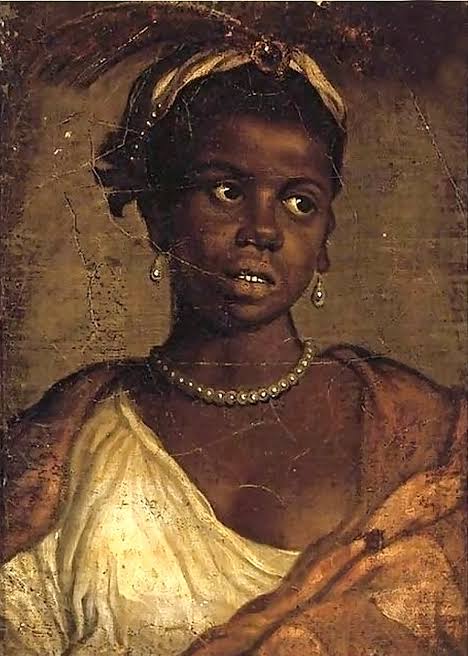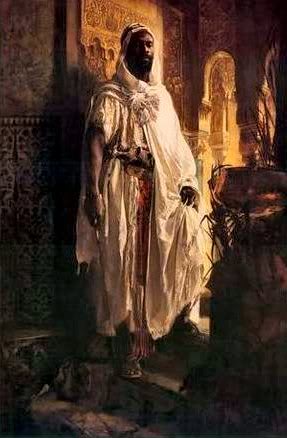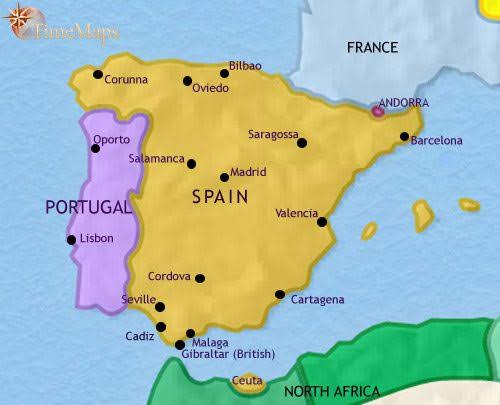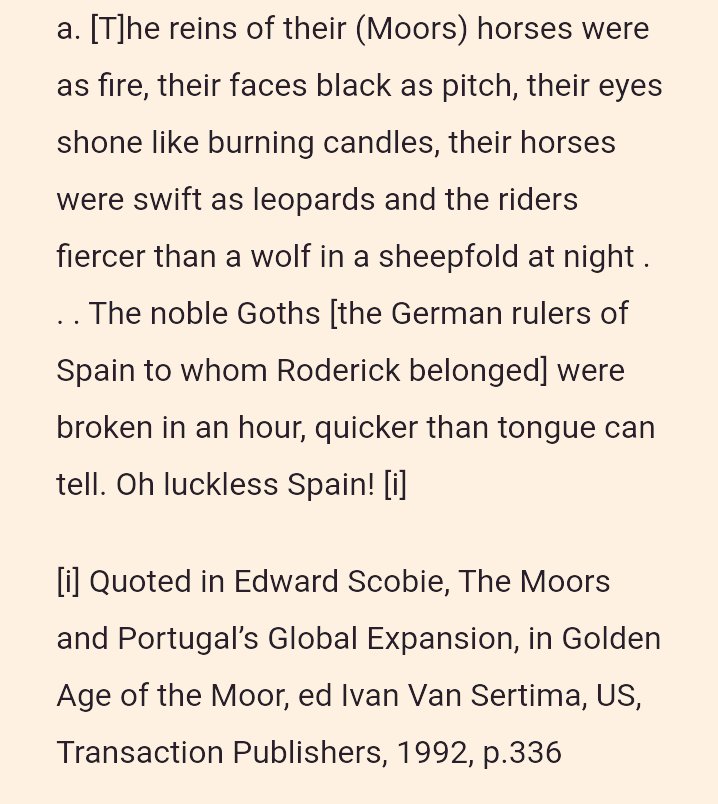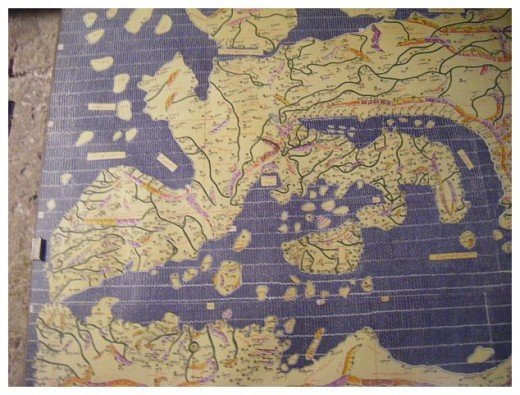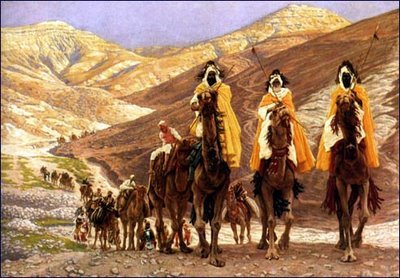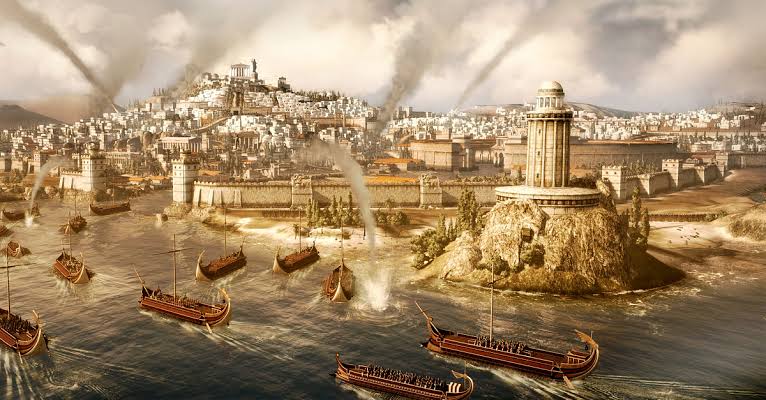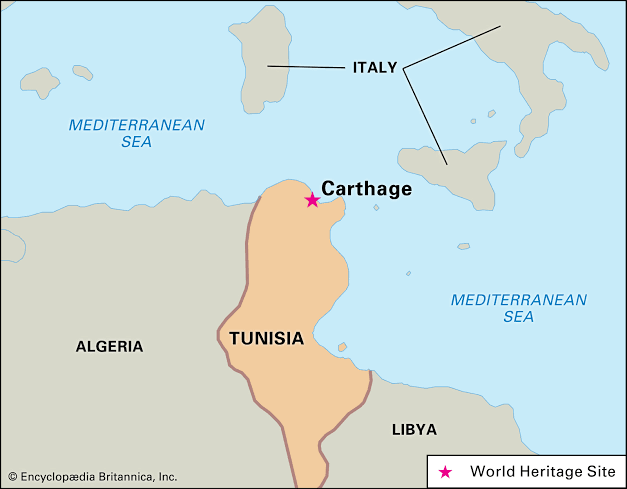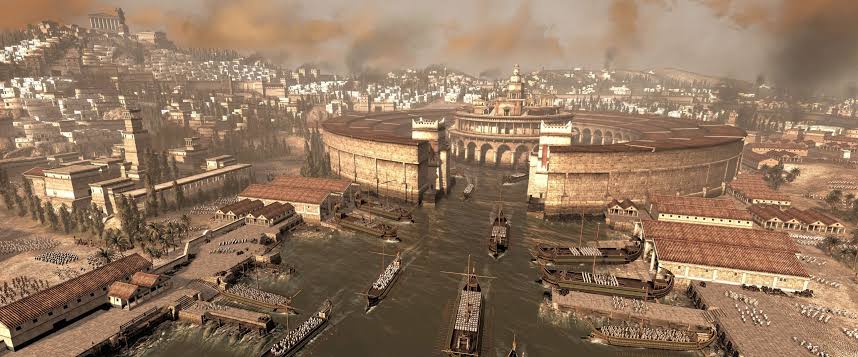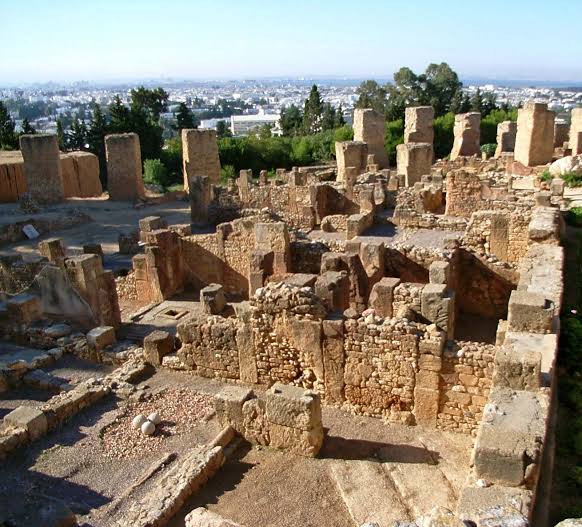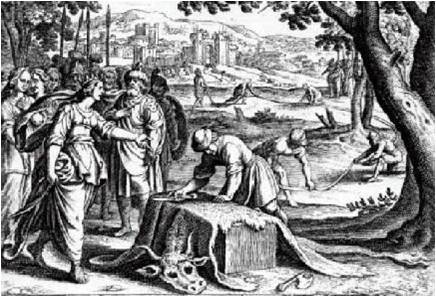
Ancient West African kingdoms Arts.
_
Ancient West African were skilled potters and metalworkers. Some of them worked with brass, woods,bronze and gold which explain their history. Potters in the kingdom of Nok made sculptures from a clay called terracotta.



_
Ancient West African were skilled potters and metalworkers. Some of them worked with brass, woods,bronze and gold which explain their history. Potters in the kingdom of Nok made sculptures from a clay called terracotta.
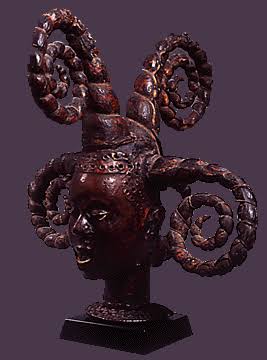
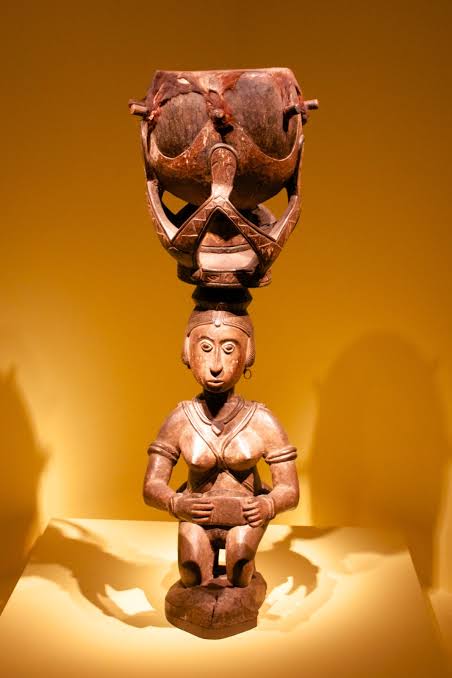

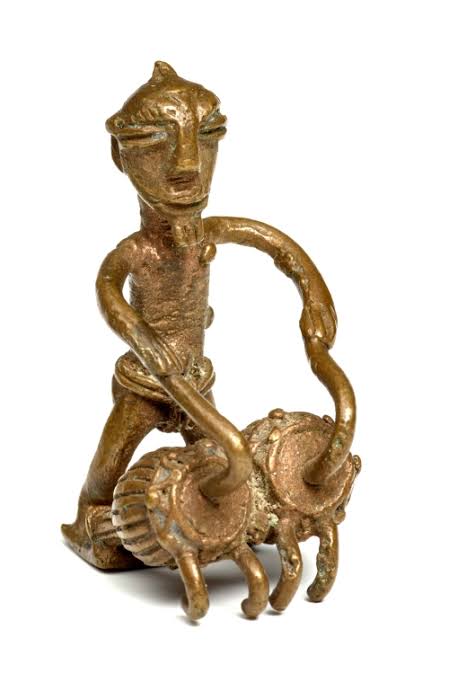
They created figures of men and women with very large heads. Many of the figures had elaborate hairstyles and wore delicate jewellery. The kingdom of Ife was famous for its sculptures made from brass. Brass-workers made figures of gods, humans and animals. 

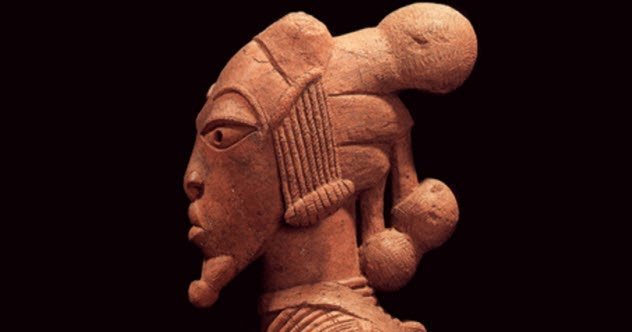
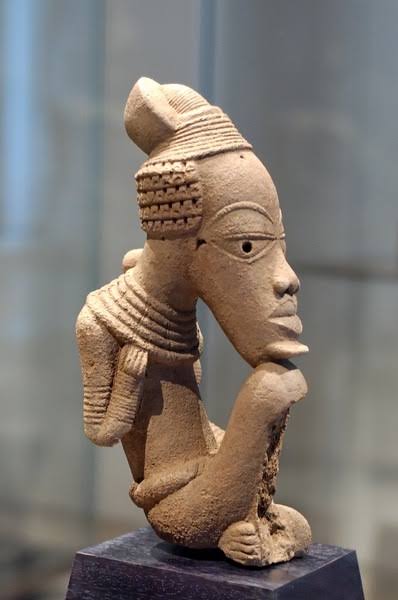
In the Asante kingdom, goldsmiths made ornaments to show off the wealth of their king. The king wore golden necklaces, rings, bracelets and anklets. He even had a pair of gold castanets attached to his thumb and first finger. Most West African kingdoms used an unknown technique. 



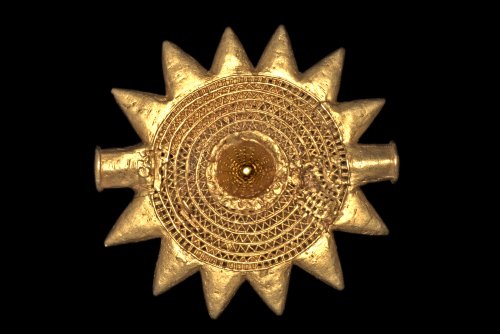
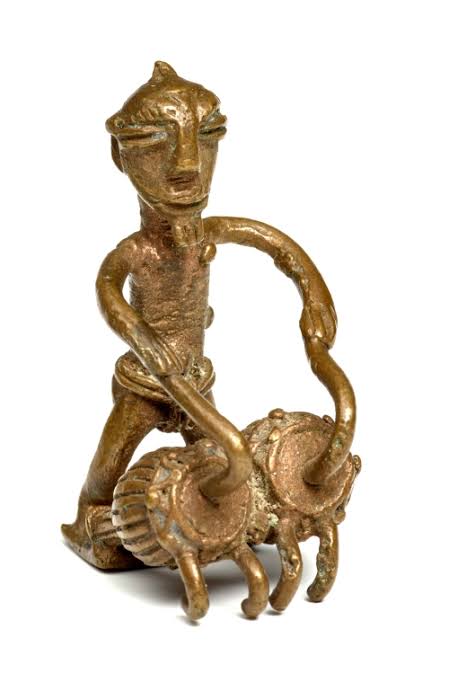

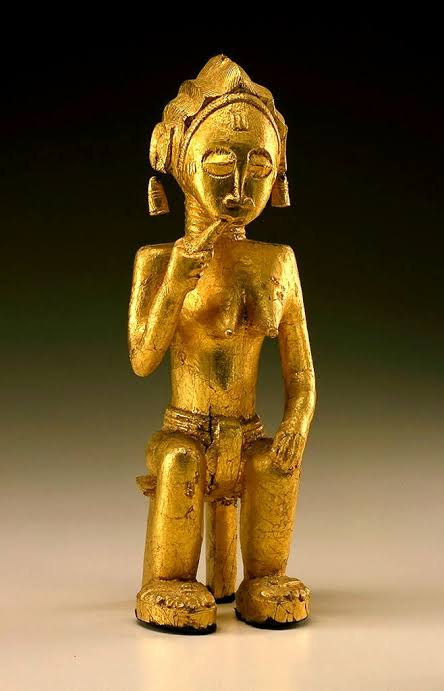
The king clapped the castanets together when he wanted people to listen to him! Several kingdoms Crafted several images which explain their history and culture. 



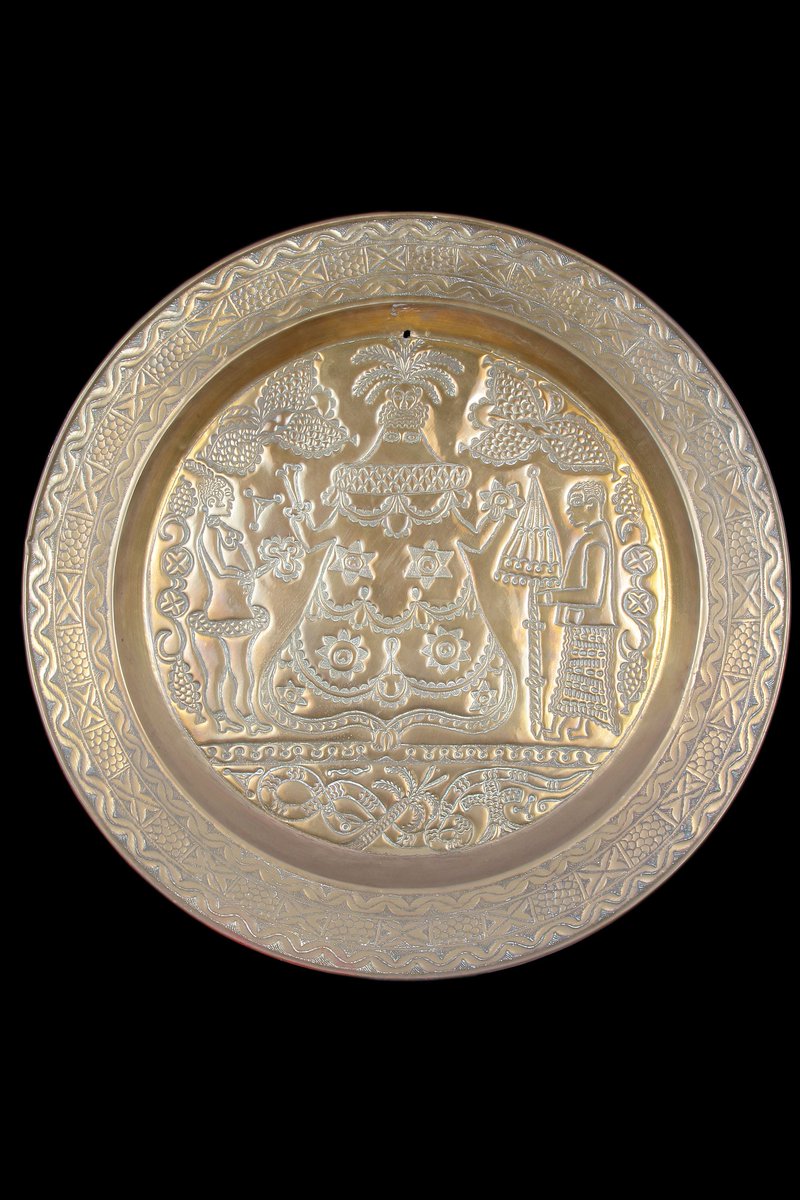
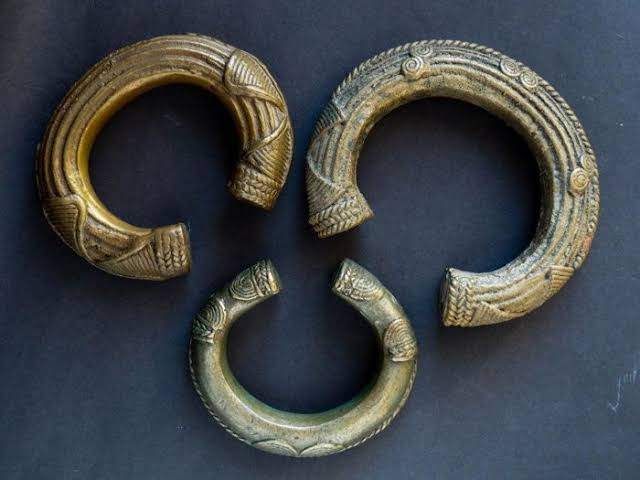
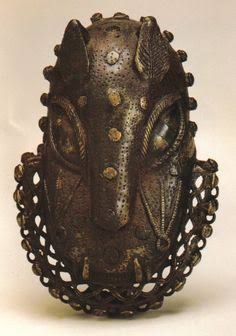
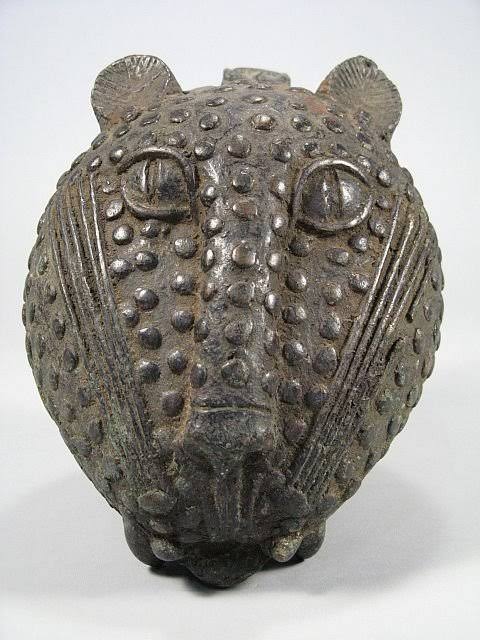
A 9th-century historian wrote: ‘The king of Ghana is a great king. In his territory are mines of gold.’ When al-Bakri, the famous historian of Muslim Spain, wrote about Ghana in the 11th century, he reported that its king ‘rules an enormous kingdom and has great power’. 



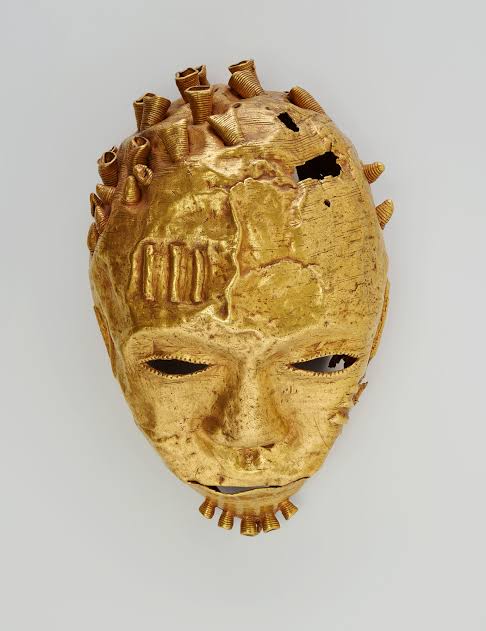
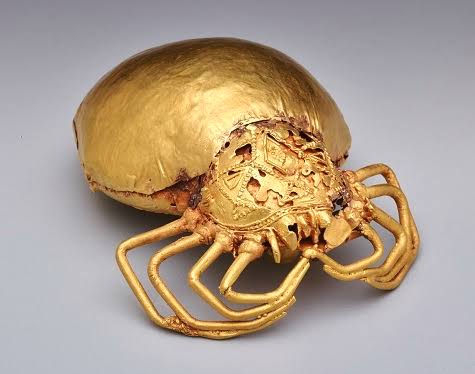
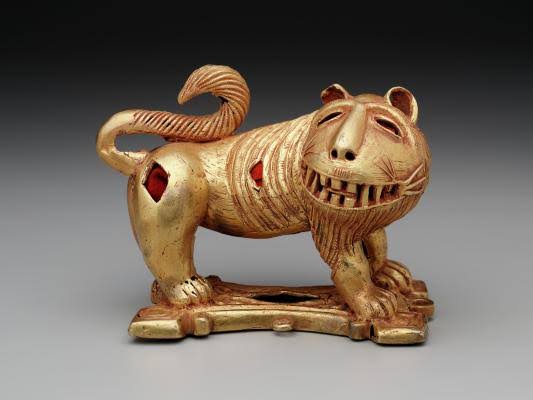
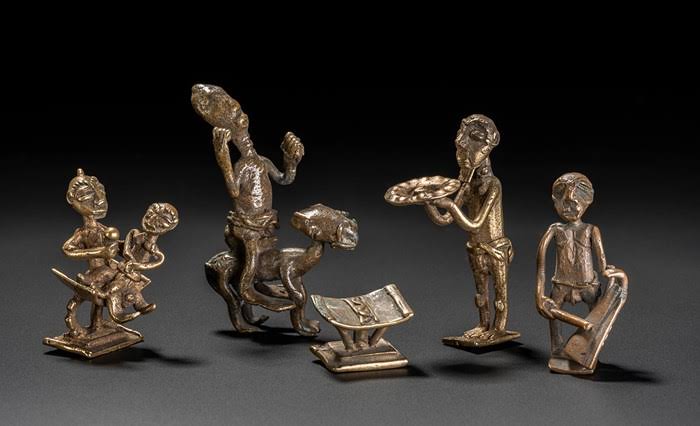
He was also said to have an army of 200,000 men and to rule over an extremely wealthy trading empire.
In the 14th century, the West African empire of Mali, which was larger than western Europe, was reputed to be one of the biggest, richest and most powerful states in the world.
In the 14th century, the West African empire of Mali, which was larger than western Europe, was reputed to be one of the biggest, richest and most powerful states in the world.
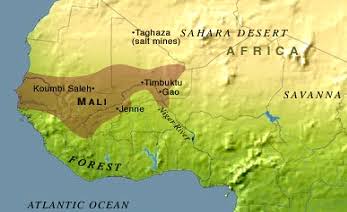
The Moroccan traveller Mohammed Ibn Batuta, when giving his very favourable impressions of this empire, reported that he had found ‘complete and general safety’ there. 

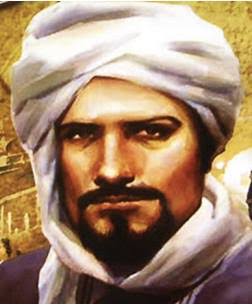
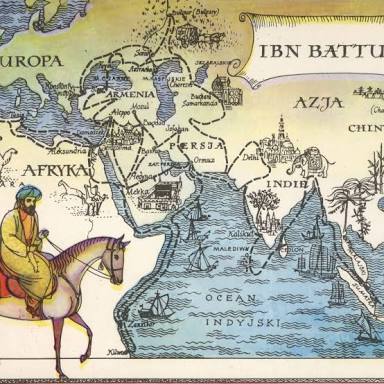
When the famous emperor of Mali, Mansa Musa, visited Cairo in 1324, it was said that he brought so much gold with him that its price fell dramatically and had not recovered its value even 12 years later. 
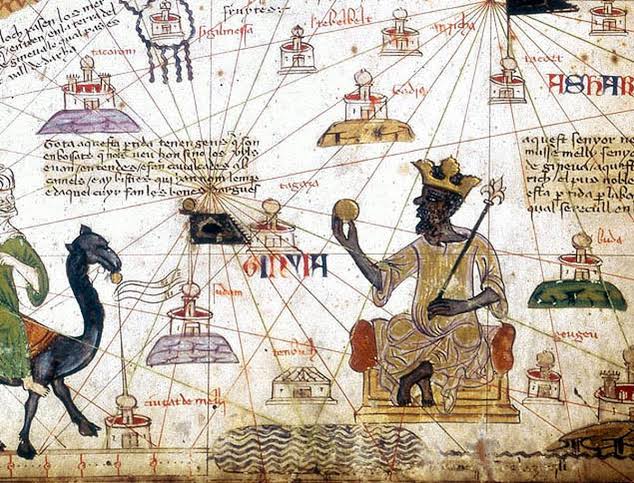
It was gold from these great empires of West Africa that prompted the early Portuguese voyages of exploration. The Igbo people are an example of a society that was not part of a centralised state. They ruled themselves in village communities. 

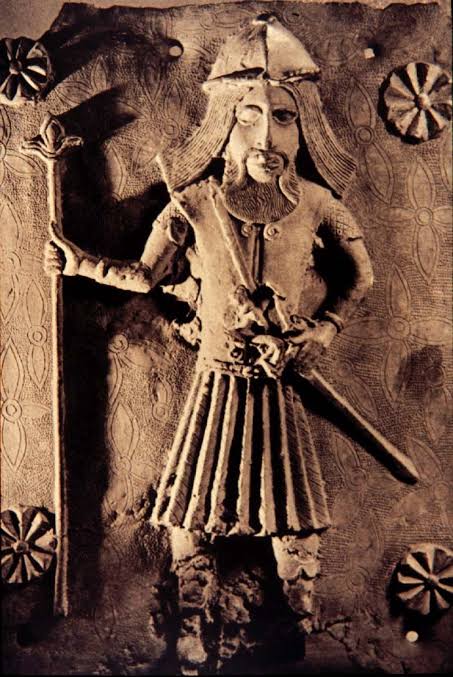
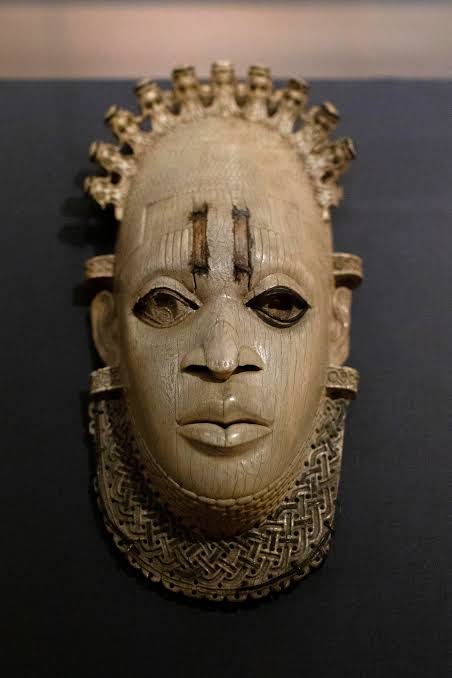
many other African societies that used similar methods, everyone was taught rules and responsibilities according to age and groupings – men or women together in age sets – that cut across family or village loyalty. 
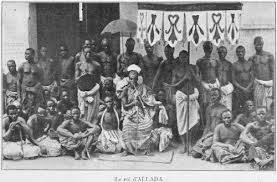
Sometimes the extended family was responsible for organising and training people and for liaising with other similar extended family groups, through councils of elders or elected chiefs. Therefore relationships based on age and kinship were often very important. 
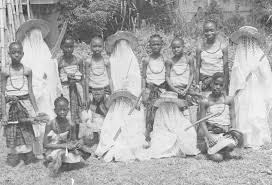
Even societies that had kings and more centralised political structures also used these other political institutions and ways of organising people. 
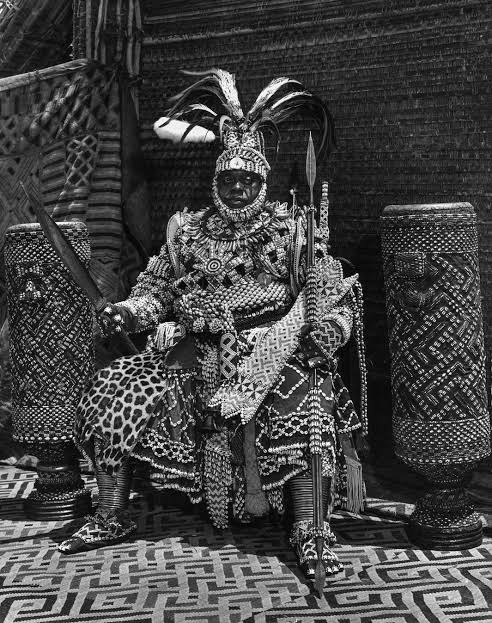
To know more about Ancient African civilization and history check my likes tweet and follow me to see my future post. 

Unroll @threadreaderapp
• • •
Missing some Tweet in this thread? You can try to
force a refresh

